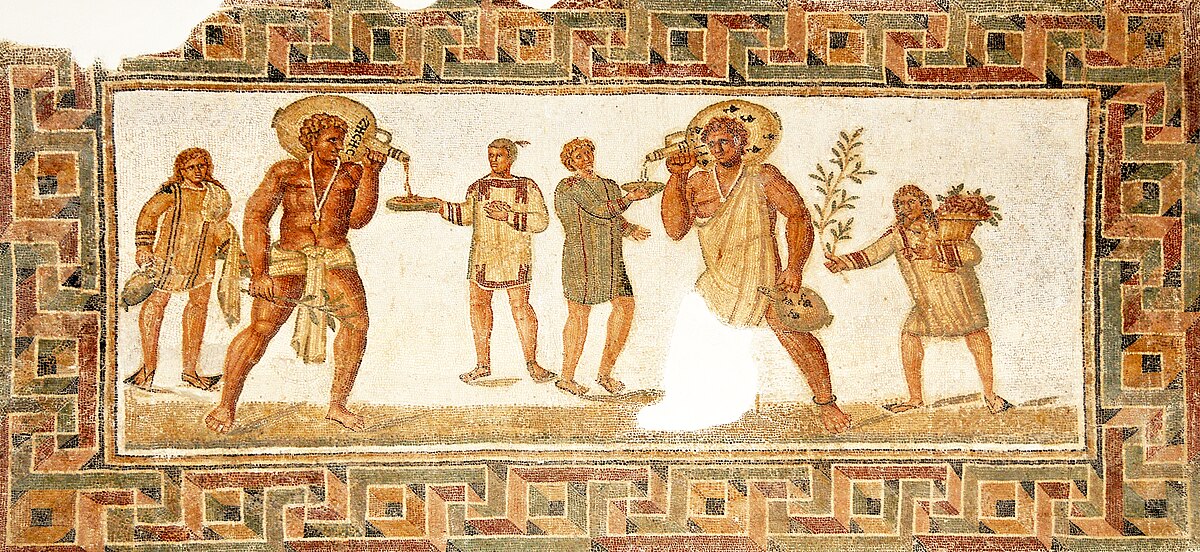T
theCardinalbird
Guest
The gist of this teaching is summarized by Cardinal Gerdil (1718-1802):
“Slavery is not to be understood as conferring on one man the same power over another that men have over cattle. Wherefore they erred who in former times refused to include slaves among persons; and believed that however barbarously the master treated his slave he did not violate any right of the slave. For slavery does not abolish the natural equality of men: hence by slavery one man is understood to become subject to the do-minion of another to the extent that the master has a perpetual right to all those services which one man may justly perform for another; and subject to the condition that the master shall take due care of his slave and treat him humanely” (Comp. Instit. Civil., L, vii). The master was judged to sin against justice if he treated his slave cruelly, if he overloaded him with labor, deprived him of adequate food and clothing, or if he separated husband from wife, or the mother from her young children. It may be said that the approved ethical view of slavery was that while, religiously speaking, it could not be condemned as against the natural law, and had on its side the jus gentium, it was looked upon with 'disfavor as at best merely tolerable, and when judged by its consequences, a positive evil.
Slavery was a fact of life in the ancient world --an economic reality (and necessity), and St. Paul and St. Augustine treated it as such. They did not excuse it or say it never existed. They couldn’t destroy slavery in that time period. Therefore, they had to make teachings about slaves and might I add that slaves were not treated all the same in every society, so by you deciding to mash all forms of slavery together and say that all forms of slavery are equally horrible, is an error on your part because as seen, slaves had to be treated well by their masters or else the master was judged to sin against justice if he treated his slave cruelly, if he overloaded him with labor, deprived him of adequate food and clothing, or if he separated husband from wife, or the mother from her young children.
You don’t seem to realize that because you constantly holler slavery is bad! It should never have existed and all those who worked with it were committing horrid acts! Well in those times it was an economic necessity and these people had to deal with it and had to work with it because society was so entangled in it.
I’m tired of putting my hypothesis’ on what they thought of slavery. Debate with the people who agreed with slavery (who are now dead), not me, who is only trying to make sense of how they saw slavery.
“Slavery is not to be understood as conferring on one man the same power over another that men have over cattle. Wherefore they erred who in former times refused to include slaves among persons; and believed that however barbarously the master treated his slave he did not violate any right of the slave. For slavery does not abolish the natural equality of men: hence by slavery one man is understood to become subject to the do-minion of another to the extent that the master has a perpetual right to all those services which one man may justly perform for another; and subject to the condition that the master shall take due care of his slave and treat him humanely” (Comp. Instit. Civil., L, vii). The master was judged to sin against justice if he treated his slave cruelly, if he overloaded him with labor, deprived him of adequate food and clothing, or if he separated husband from wife, or the mother from her young children. It may be said that the approved ethical view of slavery was that while, religiously speaking, it could not be condemned as against the natural law, and had on its side the jus gentium, it was looked upon with 'disfavor as at best merely tolerable, and when judged by its consequences, a positive evil.
Slavery was a fact of life in the ancient world --an economic reality (and necessity), and St. Paul and St. Augustine treated it as such. They did not excuse it or say it never existed. They couldn’t destroy slavery in that time period. Therefore, they had to make teachings about slaves and might I add that slaves were not treated all the same in every society, so by you deciding to mash all forms of slavery together and say that all forms of slavery are equally horrible, is an error on your part because as seen, slaves had to be treated well by their masters or else the master was judged to sin against justice if he treated his slave cruelly, if he overloaded him with labor, deprived him of adequate food and clothing, or if he separated husband from wife, or the mother from her young children.
You don’t seem to realize that because you constantly holler slavery is bad! It should never have existed and all those who worked with it were committing horrid acts! Well in those times it was an economic necessity and these people had to deal with it and had to work with it because society was so entangled in it.
I’m tired of putting my hypothesis’ on what they thought of slavery. Debate with the people who agreed with slavery (who are now dead), not me, who is only trying to make sense of how they saw slavery.
Last edited:

